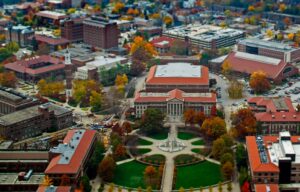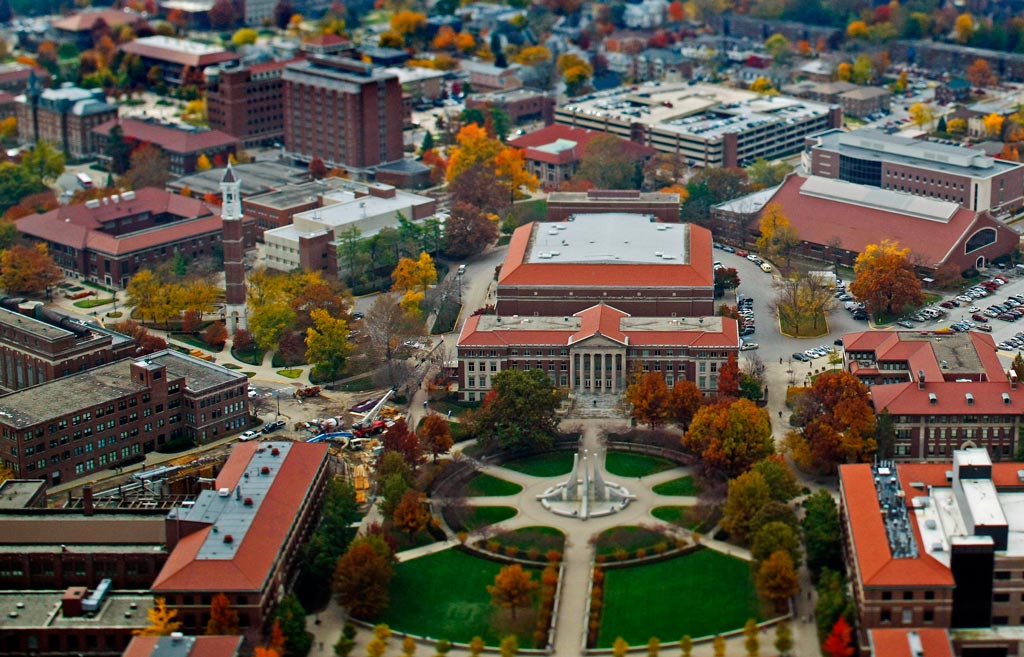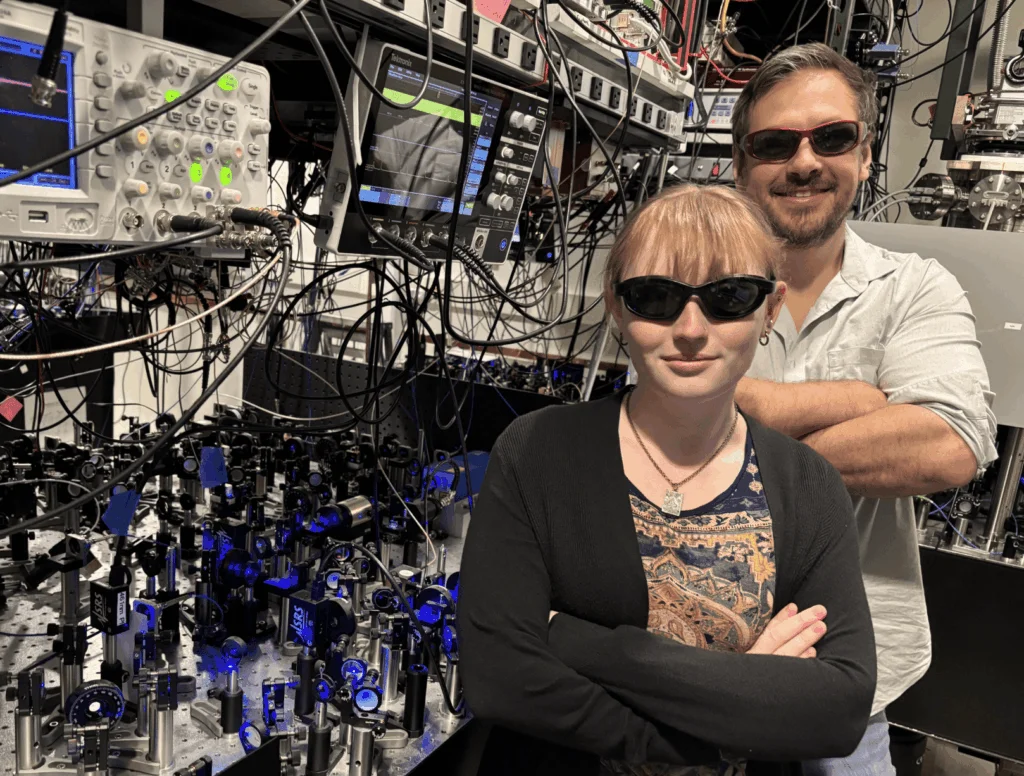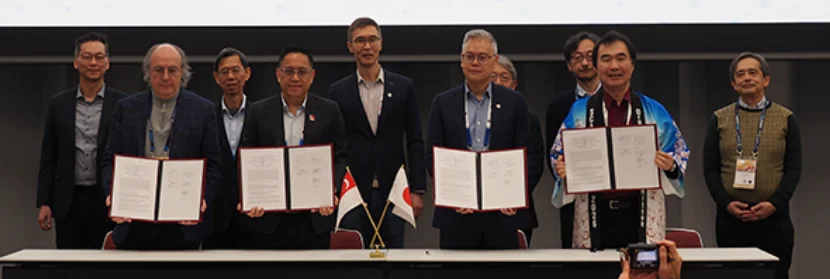
Purdue University is leading efforts to establish a National Science Foundation-backed quantum research center that would bring dozens of scientists from four research partners and industry together to tackle applied research in the field.
The new Center for Quantum Technologies will be established through the NSF’s Industry-University Cooperative Research program with Purdue as the lead institution. Academic partners include Indiana University Bloomington, the University of Notre Dame, and Indiana University Purdue University-Indianapolis (IUPUI). Industry partners would provide research funding to the center’s scientists and gain early access to findings applicable to their businesses.
 “This collaboration will allow us to leverage our collective research expertise to address the challenges facing industries using quantum technology,” said Sabre Kais, a professor of chemical physics and director of the planned center. “As a university with world-leading engineering and science programs, and faculty members whose work focuses on many areas of quantum research, Purdue is a natural leader for this type of center.”
“This collaboration will allow us to leverage our collective research expertise to address the challenges facing industries using quantum technology,” said Sabre Kais, a professor of chemical physics and director of the planned center. “As a university with world-leading engineering and science programs, and faculty members whose work focuses on many areas of quantum research, Purdue is a natural leader for this type of center.”
The Center for Quantum Technologies would build upon the expertise of the Purdue Quantum Science and Engineering Institute, which is home to more than 50 Purdue scientists and engineers whose research focuses on atomic and molecular optics, solid state quantum systems, quantum nanophotonics, and quantum information and communication.

The CQT will include quantum engineering and science researchers from Purdue and partner institutions who will develop and transfer foundational knowledge into industry-friendly quantum devices, systems, and algorithms with enhanced functionality and performance. Additionally, the CQT will help train the next generation of quantum scientists and engineers to fill the need for a robust quantum workforce. Students engaged with the CQT will take on many of the responsibilities of a principal investigator, including drafting proposals, presenting research updates to industry members, and planning meetings and workshops.
The NSF has approved funding that allows Purdue to spend the next year organizing researchers across the center’s universities and recruiting industry partners.
“Purdue has positioned itself as a leader in quantum research, having hired more than 10 new faculty members in the field in the last several years, and building collaborations with scientists around the world,” said David Stewart, managing director of Purdue Quantum Science and Engineering Institute. “We’re excited to see industry partners take the work we do here in academia and apply it to major advances in materials, pharmaceuticals, computing and more.”
Source: Purdue University
If you found this article to be informative, you can explore more current quantum news here, exclusives, interviews, and podcasts.















